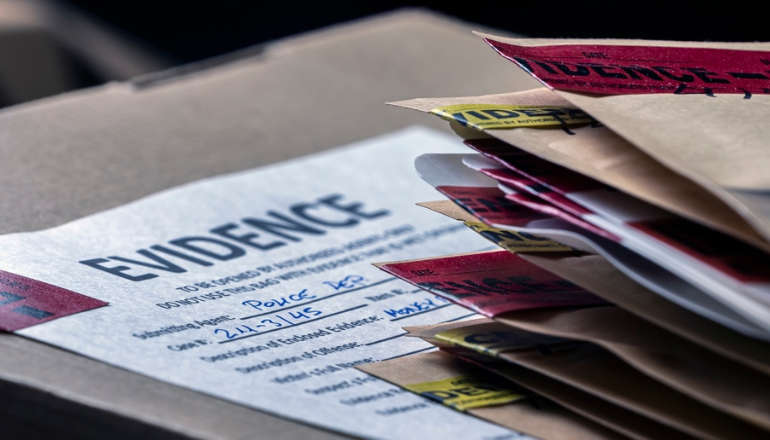
Sussex Police is urging people to be wary of software scams after the Force has received 77 reports from vulnerable victims so far this year.
The scam typically involves the victim being told they have been hacked or their computer has viruses. They're advised they need to install software, pay money or hand over details to protect their device from further damage.
So far this year, losses totalling £154,454 have been recorded, with the average loss being around £2,000.
A 60-year-old woman in Brighton was contacted by a man purporting to be a security technician from Amazon and said her online security was at risk.
She was told had been hacked by someone in California and her IP address was not secure.
The victim was advised to download an app which then gave scammers access to her computer.
They took her financial and personal details and transferred £7,900 from her accounts. The victim realised and contacted police.
Similarly, an 80-year-old man in Rye received a call saying his computer had viruses and security issues.
The victim thought this was odd as he had paid around £600 a few months ago to McAfee for anti-virus and computer protection, which was a three year subscription.
The fraudster persuaded the victim to give remote access to the computer and asked him to transfer £900 via Moneygram to sort out the problem.
The victim returned to his computer to find that he could not enter is password and had been locked out of it.
PC Bernadette Lawrie, Financial Safeguarding Abuse Officer at Sussex and Surrey Police said:
"Please be wary if you receive an unsolicited call about the security of your computer. There are fraudsters out there who will try to capitalise on your concern to financially profit.
"We're urging people to be careful make sure you know who you're talking to.
"Remember - Computer firms do not make unsolicited phone calls to help you fix your computer.
"Fraudsters make these phone calls to try to steal from you and damage your computer with malware.
"Treat all unsolicited phone calls with scepticism and don’t give out any personal information. If you feel pressured, hang up and talk it through with a friend or family member”.
Police have issued the following advice for if you receive an unsolicited call:
- don't allow remote access to your computer.
- don’t be rushed or pressured into making a decision - a genuine bank or another trusted organisation won't force you to make a financial transaction on the spot; they would never ask you to transfer money into another account for fraud reasons.
- remember to stop and take time to carefully consider your actions.
- don't make a payment.
- make sure you know who you are talking to - if in doubt, hang up immediately.
- listen to your instincts - if something feels wrong then it is usually right to question it.
- remember that criminals may lull you into a false sense of security when you are out and about or rely on your defences being down.
- when you’re in the comfort of your own home - they may appear trustworthy, but they may not be who they claim to be.


 Man Charged With Brighton Burglary Spree
Man Charged With Brighton Burglary Spree
 Appeal After Cannabis Plants Discovered At Brighton Fire
Appeal After Cannabis Plants Discovered At Brighton Fire
 Sainsbury's Faces Objections To Drinks Licence Application
Sainsbury's Faces Objections To Drinks Licence Application
 £5,000 Funding Boost From Newhaven Enterprise Zone For Haven Young Creatives
£5,000 Funding Boost From Newhaven Enterprise Zone For Haven Young Creatives
 London Gatwick Awards £30,000 To Good Causes In Sussex
London Gatwick Awards £30,000 To Good Causes In Sussex
 Appeal Following Serious Collision In Portslade
Appeal Following Serious Collision In Portslade
 Boy, 15, Charged With Two Counts Of Attempted Murder
Boy, 15, Charged With Two Counts Of Attempted Murder
 Meet The Southern Train Driver Magistrate Delivering Justice In Sussex
Meet The Southern Train Driver Magistrate Delivering Justice In Sussex
 Witnesses Sought Following House Fire In Eastbourne
Witnesses Sought Following House Fire In Eastbourne
 University Of Brighton Recognised As Top Sports Education Provider
University Of Brighton Recognised As Top Sports Education Provider
Comments
Add a comment